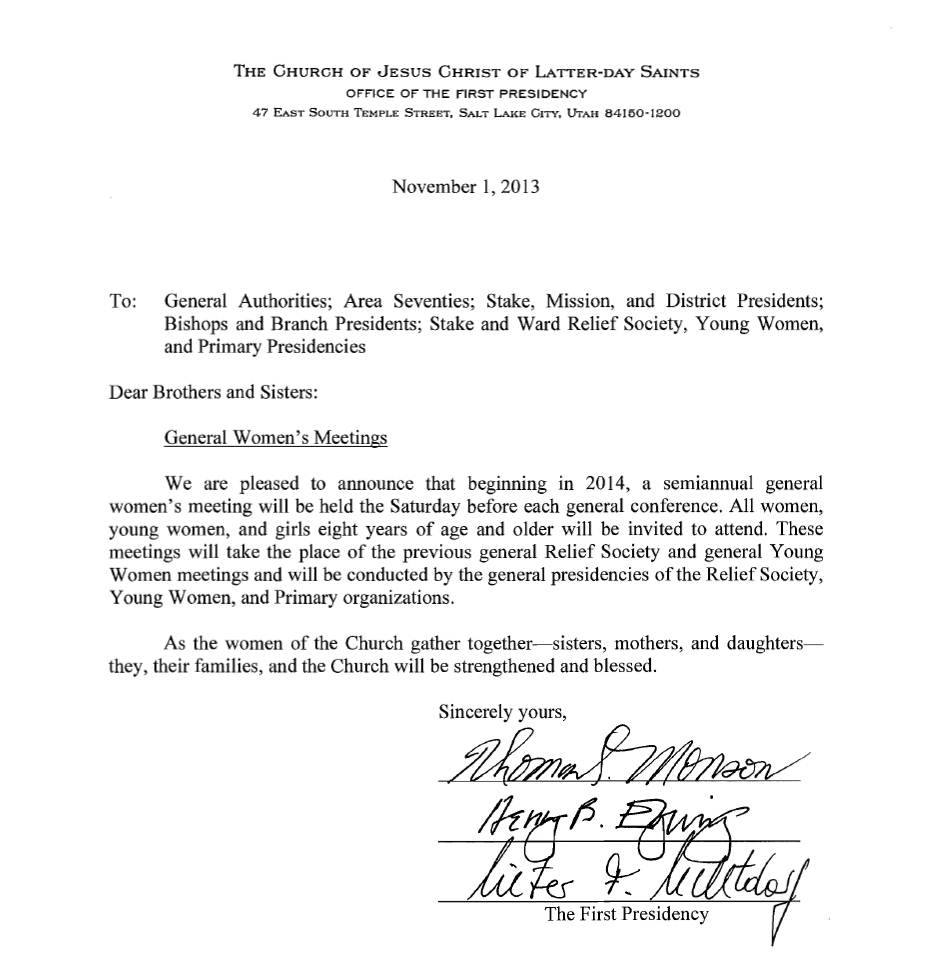Laban’s execution ranks among the most troubling stories in Mormonism. It’s often used as a story to show that obeying God is more important than what we think is right. Alternatively, it’s used as an example to show how we should question commandments. It’s been explained away as a justifiable action under Jewish law. It’s been entertained as a possible example of Satan’s power to deceive (Nephi in this instance). Nephi and Laban have been compared to Abraham and Isaac, and David and Goliath. Critics cite it to discredit Mormonism, and apologists use it to bolster Mormonism. What makes Laban’s execution so interesting is not only what it tells us about Nephi, but what it tells us about God.
Laban’s execution takes us through three stages in Nephi’s mind. When Nephi discovers Laban stumbling through the dark Jerusalem streets, God prompts him to kill the defenseless drunk.[1] Nephi refuses to obey God because killing, ironically enough, is against God’s commandments. God again commands Nephi to kill Laban. The second time, Nephi pauses to come up with a reason to justify what God has asked him to do. Nephi contemplates Laban’s offenses. Just earlier that night Laban took all of Nephi’s family’s possessions and tried to kill Nephi and his brothers; he had disobeyed God. The rationalization may be compelling for some, but Nephi evidently couldn’t convince himself. So God commands Nephi a third time to take Laban’s life. But this time, God explains why Nephi should obey his commandment. God points out “It is better that [Laban] should perish than that [the future Nephite civilization] should dwindle and perish in unbelief.” God has Nephi weigh the literal death of one man against the spiritual death of a whole nation. Put in modern parlance, God gives Nephi a utilitarian reason for executing Laban. Nephi then obeys.
It would be easy to draw some harmful lessons from this story. Presumably, Nephi did the right thing by refusing to obey until God gave him a reason to obey. Should we adopt Nephi’s unwillingness when we face tough commandments? Probably not. The Book of Mormon itself contains other stories where people took the leap of faith before knowing fully what would happen. Nephi had just declared, one chapter earlier, that he’d obey whatever God told him to do. Laban’s execution gives us the rare look at how a prophet, and how God, works through a situation where two commandments clearly contradict each other. And while Nephi tries to obey the more newest one, he waits for God’s approval before acting. There was simply no third way for Nephi, and I suspect that most people would rarely be put in Nephi’s position. But at least one modern prophet faced a similar situation.
Wilford Woodruff had a dilemma. God commanded the Saints to practice plural marriage. But had they continued, the United States would imprison church leaders, close the temples, and confiscate many of the Saints’ property; the church would, in effect, perish. Woodruff couldn’t obey one commandment (plural marriage) without failing on the other (preserving the church).
Woodruff’s decision is sometimes taken as evidence that Mormonism is not what it claims. If God really was in charge, He would have found a way to allow plural marriage to continue and the church to go on as it had. Instead, he didn’t intervene, and he made Woodruff and the Saints abandon an immensely important commandment. Clearly then, the argument goes, God doesn’t lead the Church.
The story of Laban’s execution offers an alternative conclusion.
|
Nephi
|
Wilford Woodruff
|
| Choice 1: Kill Laban, save the church |
End plural marriage, save the church |
| Choice 2: Not kill Laban, church perishes |
Not end plural marriage, church suffers/perishes |
| Decision: Applies the greater good |
Applies the greater good |
Laban’s execution shows that God will sometimes entertain a utilitarian judgment over directly intervening in some way to avoid the utilitarian solution. Why? The answer may be related to the answer to another, similar question: Why does God have imperfect people lead His church? Perhaps it’s because the greater good is served by having people work together to improve an imperfect church rather than by having God so directly involved. Sometimes God drops a Liahona in the sand, sometimes he commands his prophet to make do with the best of two bad choices.[2]
_______
[1] As an aside, some people have other problems with Laban’s execution. Why couldn’t Nephi have just knocked Laban out, or what about all of the blood on Laban’s clothes that Nephi had adorned? These aren’t criticisms of the story as it is told, but elements that Nephi didn’t explain. I imagine that if Nephi anticipated these criticisms, he might have offered more detail on how the events unfolded. For all we know, Nephi stole Laban’s clothes, Laban recognized him, and Nephi just recounted the order of events in reverse. Stranger things have happened.
[2] The same argument I’ve offered here might also apply to Eve’s choice in the Garden of Eden. However, it’s not entirely clear that Eve was thinking in utilitarian terms about her decision to eat the forbidden fruit and have children.


